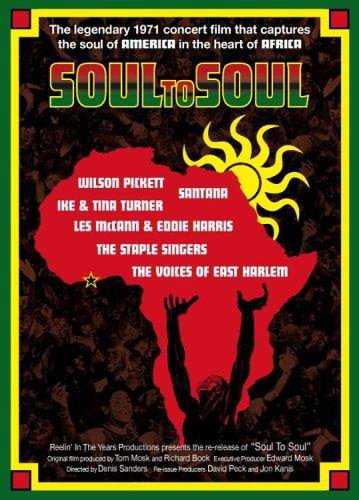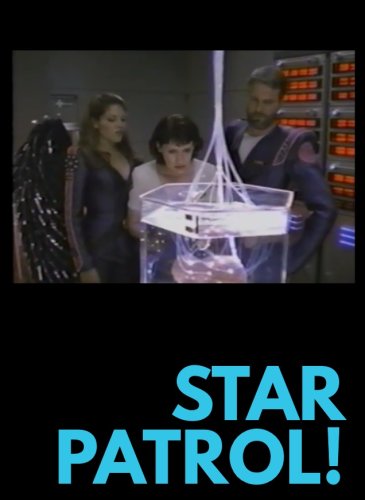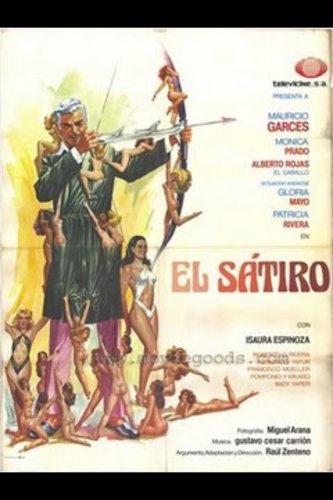
Soul to Soul (1971)
- 1971
- ·G
- ·96 min
Aufnahmen eines Konzerts in Ghana zur Feier des 14.
Jahrestages der Unabhängigkeit dieses Landes.
- Schauspieler
- Eddie Harris·Roberta Flack·The Ikettes·Willie Bobo
- Regie geführt von
- Denis Sanders
- Genre
- Documentary·Music
- Sprache
- English
- Land
- USA·Ghana
- Director
- Denis Sanders
A documentary about historical, once-in-lifetime concert where some of greatest Afro- American musicians performed in front of 100 000 Ghana audience as part of country's independence celebration. According to booklet, this idea has been in making for some time before all the necessary arrangements made it possible (Aretha Franklin, James Brown and Louis Armstrong were among invited) until in 1971.
In spite of strong acting and good direction, this picture leaves the observer with an impression of having gained but little from its perusal. The situations develop well, and one sees the young wife placed where she must either expose her father for the killing of Dago Bill, or see her husband stand the blame.
A cluttered, splintered and technically shabby 96 minute music documentary ragbag depicting a 15-hour special concert held in Ghana to celebrate that African country's 14th anniversary of independence. Many popular jazz and rhythm and blues artists are prominently featured herein, all of whom come through with 100% on the money performances which are sloppily sandwiched between drably shot, sometimes interesting, but more often pretty tedious footage of tribal dances, resident talent acts which vary from authentically earthy (the medicine man with the musical ball is simply amazing) to slick and touristy shallow, star singers sampling Ghanaian cuisine, extensive background historical detail on the South African slave trade, a walk through dilapidated ruins, and pit stops at villages complete with excess shopping and amiable chats with locals.






















